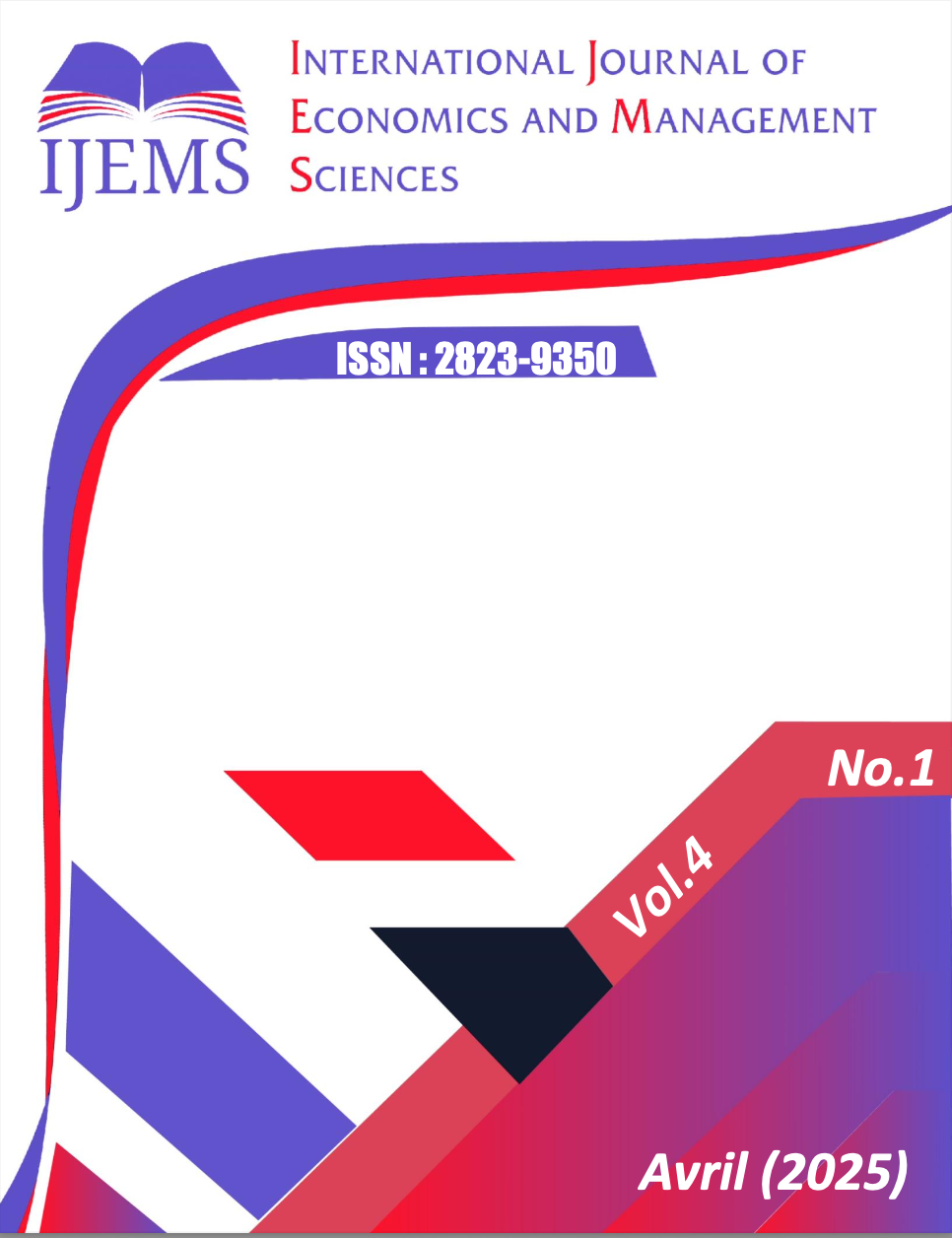Strategies of farmers in accessing credit from microcredit associations: an analysis within the framework of game theory
Keywords:
access to credit, farmers, game theory, microcredit association, normal-form gameAbstract
This article applies game theory to analyze strategic interaction between farmers and microcredit associations (MCA) regarding access to credit. It explores how interdependent decisions – loan amounts and repayment compliance – influence cooperation or default within contractual relationships. Using a normal-form game model, the study examines cooperative and non-cooperative scenarios and highlights the conditions for achieving a Nash equilibrium. The analysis suggests that repeated interactions over time can foster sustainable cooperative strategies beneficial to both parties. This theoretical approach sheds light on the importance of trust and risk management in ensuring long-term viability of microcredit systems.
The practical implications emphasize the need for policymakers and MCA to encourage long-term cooperation strategies and reconsider credit amounts to better match farmers’ needs. Improved monitoring and incentives for timely repayment are also crucial.


















